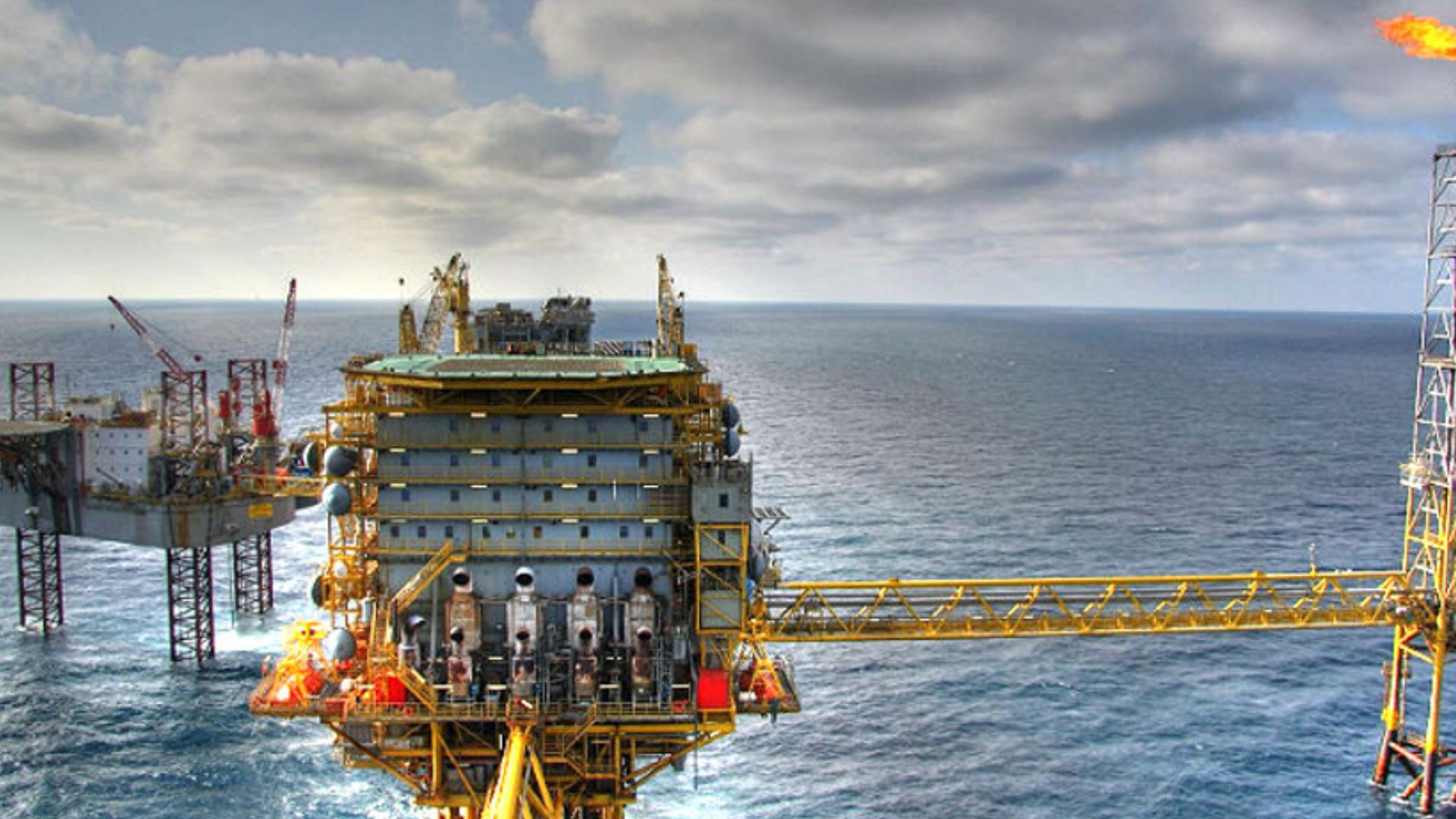Mozambique's Oil and Gas Industry: Latest Developments and Implications for Economic Growth
- Mozambique | 19 August 2023

Mozambique, a country blessed with abundant natural resources, has been making significant strides in its oil and gas industry. With recent developments and ongoing projects, the sector holds immense potential for economic growth, job creation, and regional energy stability. In this article, we explore the latest news and advancements in Mozambique’s oil and gas industry and discuss their implications for the country’s future.
Mozambique’s Rovuma Basin has been a hotspot for major gas discoveries in recent years. The discovery of vast natural gas reserves, estimated at over 125 trillion cubic feet, has attracted global attention and positioned Mozambique as a significant player in the liquefied natural gas (LNG) market. The Mozambique LNG project, led by Total, is one of the flagship projects in the region, with its first phase targeting the production of 12.9 million tons of LNG per year. This landmark project has the potential to generate substantial revenue for Mozambique and boost its standing as an energy exporter.
To support the growing oil and gas industry, Mozambique is investing in the development of critical infrastructure. The construction of liquefaction plants, export terminals, and associated facilities is underway to facilitate the processing, storage, and transportation of LNG. The Coral South FLNG project, operated by Eni, is another significant development, involving the construction of a floating LNG facility to monetize gas resources from the Coral field. These infrastructure projects not only enable the export of Mozambique’s natural gas but also create employment opportunities and stimulate economic activity in related sectors. The exploration and production activities in Mozambique’s oil and gas sector have attracted substantial foreign investment and partnerships. International companies, including ExxonMobil, Chevron, and BP, have made significant commitments to develop offshore gas fields and support the establishment of LNG projects. These partnerships bring in expertise, technology, and financial resources, enhancing Mozambique’s capacity to extract and monetize its natural resources. The collaborations also open avenues for knowledge transfer and skill development among the local workforce.
Mozambique’s burgeoning oil and gas industry has implications beyond its borders. The country’s vast gas reserves have the potential to transform the energy landscape in Southern Africa. With neighboring countries such as South Africa, Botswana, and Zimbabwe facing energy deficits, Mozambique’s natural gas resources can play a crucial role in meeting regional energy demands. Plans are underway to develop regional gas infrastructure and interconnectivity, including the construction of pipelines and power transmission lines, to facilitate the export and distribution of Mozambican gas to neighboring nations. As Mozambique expands its oil and gas activities, it must ensure responsible and sustainable practices. Environmental impact assessments, rigorous monitoring, and adherence to international standards are essential to mitigate the industry’s ecological footprint. Additionally, it is crucial to prioritize the welfare and inclusion of local communities affected by these projects. Engaging with communities, respecting their rights, and implementing social development programs can help mitigate potential social and cultural challenges while fostering long-term partnerships.
While the potential of Mozambique’s oil and gas industry is promising, several challenges and risks must be addressed. Security concerns in certain regions of the country, including the northern Cabo Delgado province, have raised concerns among investors. It is imperative to ensure stability, strengthen security measures, and create an enabling environment for businesses to operate safely. Additionally, fluctuations in global energy markets and geopolitical dynamics can impact the profitability and viability of oil and gas projects, underscoring the need for diversification and long-term planning.
The latest developments in Mozambique’s oil and gas industry signify the country’s emergence as a significant player in the global energy landscape. The successful extraction, processing, and export of natural gas have the potential to unlock substantial economic growth, job creation, and energy stability in Mozambique and the wider region. However, careful consideration must be given to environmental sustainability, community engagement, and long-term planning to ensure the benefits of this industry are equitably distributed and endure for generations to come. With the right policies, investments, and partnerships, Mozambique can harness the potential of its oil and gas industry to drive sustainable development and improve the lives of its people.








